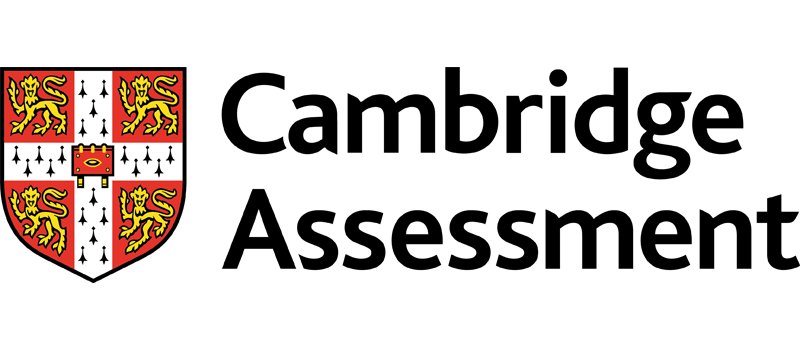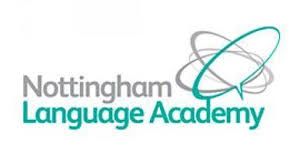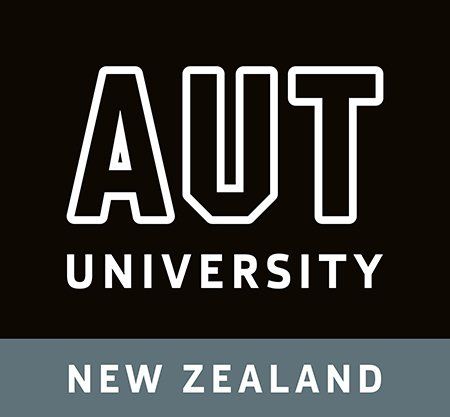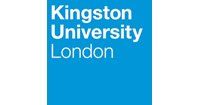
Modern Management Techniques in Performing Work Assignments Effectively
Course ID: 2512017101417EGI
Course Dates : 01/12/25 Course Duration : 5 Studying Day/s Course Location: Dubai, UAE
Language: Bilingual
Course Category: Professional and CPD Training Programs
Course Subcategories: Leadership and Management Excellence
Course Certified By: * Projacs Academy
* Professional Training and CPD Programs
Certification Will Be Issued From :
KSA
Course Fees: £2,958.13
Vat Not Included in the price. VAT may vary depending on the country where the course or workshop is held.
Click to Pay
Date has passed please contact us Sales@e-s-hub.com
Course Information
Introduction
In the contemporary professional landscape, the ability to manage work assignments effectively has become a cornerstone of organizational success. With increasing demands for efficiency, adaptability, and innovation, modern management techniques provide the tools necessary to navigate complex work environments. These techniques are not merely theoretical constructs but practical frameworks that empower individuals and teams to achieve optimal performance. For professionals across industries, mastering these methods is no longer optional—it is essential for staying competitive in an ever-evolving marketplace.
One of the key challenges faced by organizations today is the misalignment between strategic goals and day-to-day operations. This disconnect often stems from outdated management practices or a lack of structured approaches to task delegation and execution. For instance, a case study of a mid-sized tech firm revealed that inefficiencies in project management led to a 20% increase in missed deadlines over a single fiscal year. By addressing such gaps through targeted training, this course aims to equip participants with the skills needed to bridge strategy and execution seamlessly.
The relevance of modern management techniques extends beyond individual productivity; it directly impacts organizational outcomes. Research grounded in Peter Drucker’s management theories underscores the importance of aligning individual contributions with broader business objectives. When employees are equipped with effective management tools, they can streamline processes, reduce redundancies, and foster a culture of accountability. This, in turn, enhances team cohesion and drives measurable results, making the course invaluable for both emerging leaders and seasoned managers.
Another critical area this course addresses is the integration of technology into management practices. As digital transformation reshapes industries, professionals must learn to leverage tools such as project management software, data analytics platforms, and collaborative applications. A real-world example is the adoption of agile methodologies by global corporations like Spotify and IBM, which have reported significant improvements in team productivity and adaptability. By incorporating such frameworks into the curriculum, the course ensures participants remain at the forefront of industry trends.
Moreover, the course emphasizes the human element of management, recognizing that effective leadership requires more than technical expertise. Emotional intelligence, communication skills, and conflict resolution strategies are integral components of successful task management. Drawing on Daniel Goleman’s research on emotional intelligence, participants will explore how interpersonal dynamics influence team performance and how to cultivate a positive work environment. This holistic approach ensures that the course content is both comprehensive and applicable.
Ultimately, the benefits of mastering modern management techniques are manifold. Individuals who complete this course will enhance their career prospects by demonstrating proficiency in high-demand skills. Organizations, on the other hand, will experience improved operational efficiency, higher employee engagement, and better alignment with strategic goals. Whether you are a team leader striving to optimize workflows or a consultant seeking to advise clients on best practices, this course offers the knowledge and tools needed to excel in your role.
Objectives
By attending this course, participants will be able to:
Analyze the principles of modern management techniques and their application in diverse work environments.
Evaluate the effectiveness of various task delegation and prioritization strategies using established frameworks.
Design workflows that integrate technology and data-driven insights to enhance productivity.
Implement agile methodologies to improve team collaboration and adaptability in dynamic projects.
Apply emotional intelligence principles to foster positive workplace relationships and resolve conflicts effectively.
Assess compliance requirements and ethical considerations in managing work assignments.
Synthesize lessons learned from case studies to develop actionable plans for personal and organizational improvement.
Who Should Attend?
This course is ideal for:
Mid-level managers and team leaders seeking to refine their task management skills.
HR professionals responsible for designing training programs on productivity and efficiency.
Consultants and trainers who advise organizations on operational improvements.
Project managers and coordinators aiming to adopt cutting-edge methodologies.
Educators and trainers interested in integrating modern management concepts into their curriculum.
These groups will find the course valuable as it addresses common pain points such as inefficiency, miscommunication, and resistance to change. While prior experience in management is beneficial, the course is designed to accommodate both beginners and intermediate learners, providing foundational knowledge alongside advanced applications.
Training Method
• Pre-assessment
• Live group instruction
• Use of real-world examples, case studies and exercises
• Interactive participation and discussion
• Power point presentation, LCD and flip chart
• Group activities and tests
• Each participant receives a 7” Tablet containing a copy of the presentation, slides and handouts
• Post-assessment
Program Support
This program is supported by:
* Interactive discussions
* Role-play
* Case studies and highlight the techniques available to the participants.
Daily Agenda
The course agenda will be as follows:
• Technical Session 08.30-10.00 am
• Coffee Break 10.00-10.15 am
• Technical Session 10.15-12.15 noon
• Coffee Break 12.15-12.45 pm
• Technical Session 12.45-02.30 pm
• Course Ends 02.30 pm
Course Outlines
Foundations of Modern Management
Overview of modern management principles and their evolution.
Key challenges in task management and their impact on organizational performance.
Introduction to Peter Drucker’s management theories and their relevance today.
Role of emotional intelligence in effective leadership.
Day 2:
Task Delegation and Prioritization
Techniques for effective task delegation and resource allocation.
Prioritization frameworks: Eisenhower Matrix and MoSCoW Method.
Case study analysis: Lessons from successful task management in Fortune 500 companies.
Group activity: Developing a prioritization plan for a simulated project.
Day 3:
Technology Integration in Management
Leveraging project management software (e.g., Asana, Trello).
Data-driven decision-making in task management.
Introduction to agile methodologies: Scrum and Kanban.
Practical exercise: Setting up a collaborative workspace using digital tools.
Day 4:
Building High-Performance Teams
Strategies for fostering team cohesion and accountability.
Conflict resolution techniques for managing interpersonal dynamics.
Communication skills for effective feedback and motivation.
Workshop: Simulating team scenarios to practice learned techniques.
Day 5:
Compliance, Ethics, and Continuous Improvement
Understanding compliance requirements in task management.
Ethical considerations in decision-making and delegation.
Tools for continuous improvement: PDCA Cycle and Kaizen.
Final project: Presenting a comprehensive management plan incorporating all course concepts.



















































